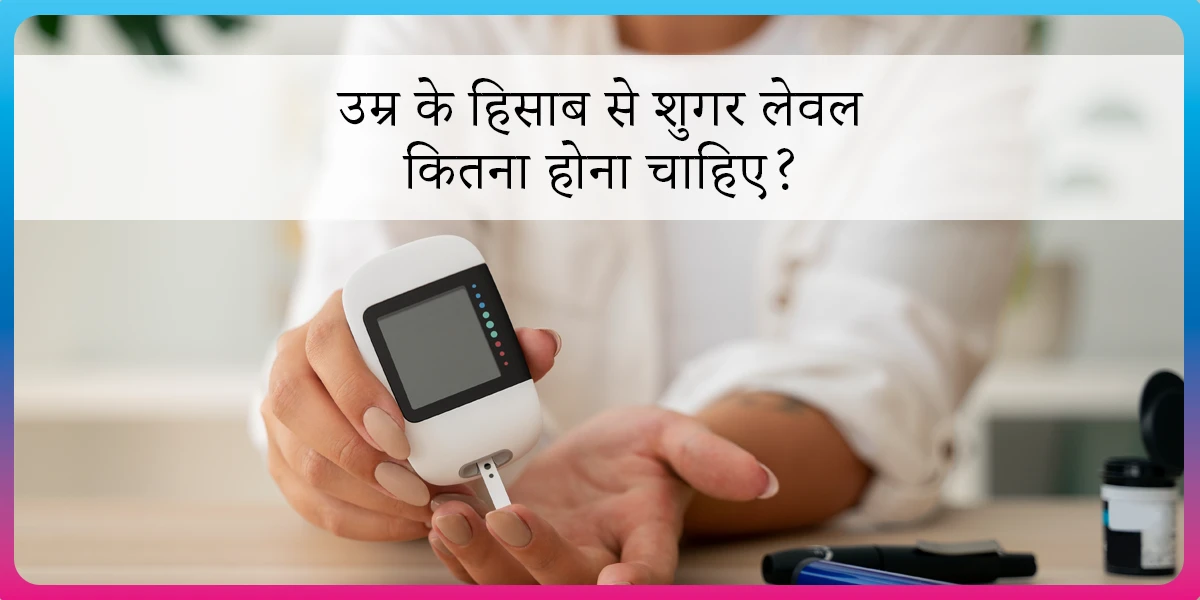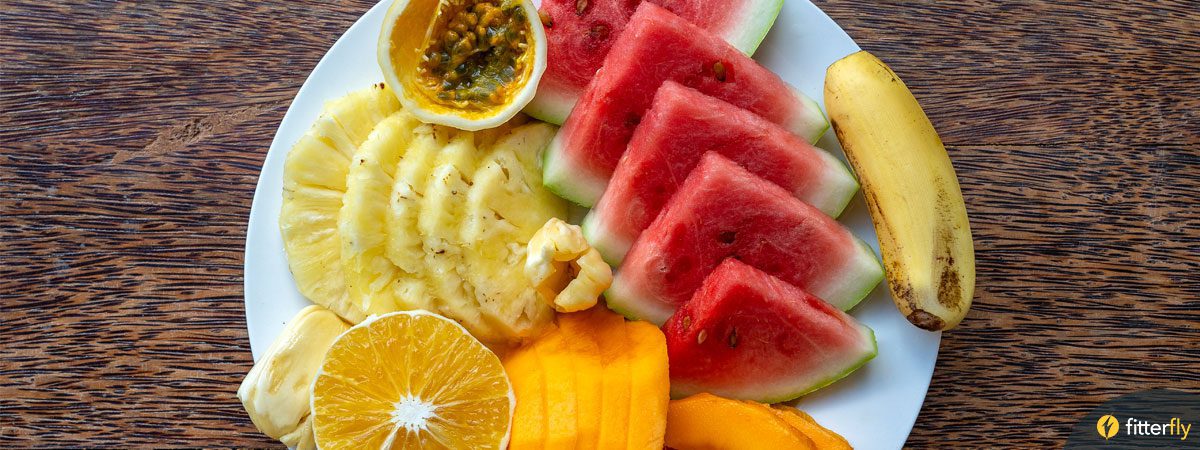6 Tips to Lower HbA1c Levels

Managing HbA1c levels is the most important parameter for people living with diabetes, as it provides a snapshot of average blood sugar control over two to three months.
While sticking to a healthy diet, regular exercise, and taking your medication is essential, let’s also look at some simple extra steps that can help even more.
1. Include Mindfulness and Stress Reduction in Your Routine
- Long-term stress can increase blood sugar levels because it increases our body’s stress hormone (called cortisol), making diabetes tougher to manage.
- To help lower stress, consider adding calming practices like meditation, yoga, or deep-breathing exercises to your daily routine. These can help relax both your mind and body, leading to potentially better blood sugar control.
2. Prioritize Quality Sleep
- Poor sleep can lead to increased appetite, weight gain, and elevated blood sugar levels.
- To improve your sleep quality, ensure a consistent sleep schedule and create a restful sleeping environment that can enhance sleep quality.
- Aim for 7-8 hours of uninterrupted sleep to support overall diabetes management.
3. Keep Yourself Hydrated
- Proper hydration can help maintain blood sugar levels within a normal range.
- Drinking adequate amounts of water throughout the day helps with glucose metabolism and supports overall health.
To know your chances of Diabetes reversal, take the Diabetes Reversal TestDiabetes Reversal
Calculator
4. Opt for Food that Won’t Spike Your Blood Sugar
- Lowering your blood sugar levels is not just about choosing the right foods. It is also about smart portion controls, adding more proteins and fibers to your meals.
- Here’s why it matters: When you eat, your body breaks down carbohydrates into sugar, which can cause your blood sugar levels to spike. But if you balance your meal with protein and fiber, it can slow down this process, keeping your blood sugar more stable.
- For example, have a smaller plate with both kebabs and paneer tikka. Add some lentils and sautéed vegetables like spinach. Choose mixed grain roti or brown rice instead of white rice to increase fiber, that helps control blood sugar.
5. Engage in Physical Activity
- Benefits of Resistance Training: Beyond aerobic exercise, resistance training can significantly impact glucose control by increasing muscle mass. More muscle mass improves insulin sensitivity, allowing your body to use glucose more effectively.
- Adopting Frequent, Small Meals: This eating pattern can help prevent the significant spikes and drops in blood sugar that are common with larger, less frequent meals.
- Practicing Mindful Eating: Being fully present during meals helps in recognizing satiety cues, which can prevent overeating and support dietary choices that are in line with blood sugar management goals.
6. Explore Additional Therapies
- Maximizing Exposure to Natural Light: Regular exposure to natural sunlight, especially in the morning, can help regulate the body’s circadian rhythms*, improving sleep quality and potentially aiding in better glucose control.
*Your circadian rhythm is your body’s internal clock that tells you when to wake up, eat, work, and sleep based on the time of day and external factors like light and darkness.
How We At Fitterfly Can Help You?
Managing HbA1c levels can be challenging, but it’s definitely achievable. At Fitterfly, our experts understand what you need and are here to help you smartly manage your diabetes.
We offer personalized advice on diet and exercise tailored to your specific needs. We focus on managing diabetes by adjusting your lifestyle.
This means helping you choose the right foods and creating an exercise plan just for you.
If you’re dealing with high blood sugar or diabetes, check our Diabetes Prime Program. For more information or to talk to one of our experts, call us at 08068507599 today!
Reduced HbA1c by HALF in 6 months


6.6%
Happy members
EMI
Guarantee
4.8/5
Diabetes Prime Program
This blog provides general information for educational and informational purposes only and shouldn't be seen as professional advice.
Frequently Asked Questions
Are there specific nutrients that can help lower HbA1c?
Foods that are high in fiber, protein and healthy fats can help stabilize blood sugar levels, thus helping to lower HbA1c levels. These nutrients slow down the breakdown of carbohydrates into sugar, which helps prevent spikes in blood sugar levels.
What role does diet play in lowering HbA1c levels?
Choosing the right high-quality foods like complex carbs like whole grain food, protein (like dal), healthy fats (like nuts & seeds, high fiber food (vegetables & fruits), and maintaining smart portion control in your diet, for example, eating a small portion of any food: instead of eating 2 rotis, eat 1, can help you in lowering your HbA1c levels.
Which food can reduce HbA1c?
Foods that can help reduce HbA1c include those rich in complex carbs, fiber, and protein. Examples are legumes, whole grains like brown rice, and high-protein food like dal & paneer. Adding vegetables contributes to a healthier meal plan that can get your A1c levels down.
Can I lower my HbA1c in a month?
HbA1c is an average blood sugar of approximately 120 days, so you need a cycle of 120 days to see a significant result. You can see minor changes in HbA1c levels in a month.
Does lemon reduce A1c?
Including lemon as a part of your healthy diet is a good idea, but there is no proven data that it reduces HbA1c levels.
How does sleep quality and quantity influence HbA1c levels?
Quality sleep is one of the important factors for diabetes management. Poor sleep can lead to increased appetite and weight gain, which can elevate blood sugar levels and, thus, HbA1c. Ensuring 7-8 hours of uninterrupted good-quality sleep and maintaining a consistent sleep schedule can support better glucose control and improve your HbA1c levels.
Can smoking or alcohol consumption impact HbA1c levels, and if so, how?
Generally, both smoking and excessive alcohol consumption can negatively affect diabetes management, leading to higher HbA1c. Reducing or avoiding these can improve overall health, improve your HbA1c levels, and help in better management of diabetes.




















